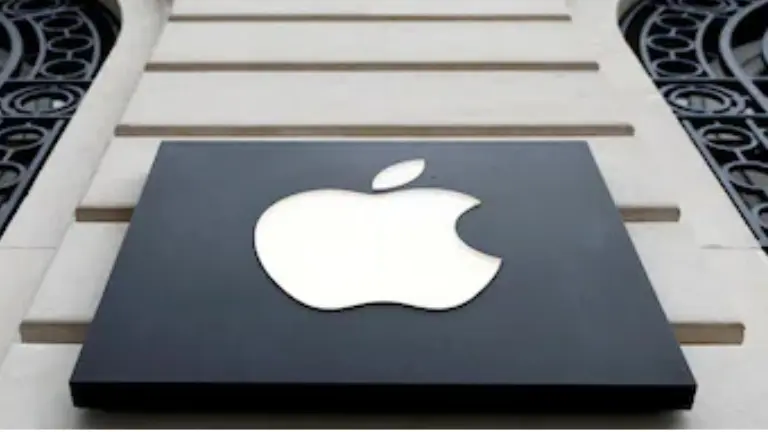In a major legal blow, Apple has lost a landmark lawsuit in the United Kingdom over its controversial App Store commission fees. The case, brought forward by developers who accused Apple of using its dominant market position to impose unfair charges, marks one of the most significant rulings yet against the tech giant in Europe.
The UK’s Competition Appeal Tribunal (CAT) ruled that Apple’s long-standing 30% commission fee structure for in-app purchases and downloads violated competition laws. The tribunal stated that Apple’s control over app distribution on iOS devices creates an “unfair commercial advantage” that limits developer freedom and inflates consumer prices.
The lawsuit, filed on behalf of more than 1,500 UK-based app developers, argued that Apple’s mandatory use of its payment system effectively forced them to pay excessive fees, reducing profits and innovation opportunities.
Professor Sean Ennis, an economist leading the developer group, said,
“This ruling sends a clear message that no company — no matter how powerful — can misuse its platform to stifle competition and overcharge creators.”
Apple, however, said it strongly disagrees with the decision and plans to appeal the ruling, maintaining that its App Store provides developers a safe and trusted platform to reach millions of users worldwide.
This verdict could set a global precedent, as regulators in the EU, US, and other regions are already investigating Apple’s App Store practices. If upheld, Apple may be forced to lower its commission rates or open its platform to third-party app stores — a move that could reshape the future of mobile app distribution.
